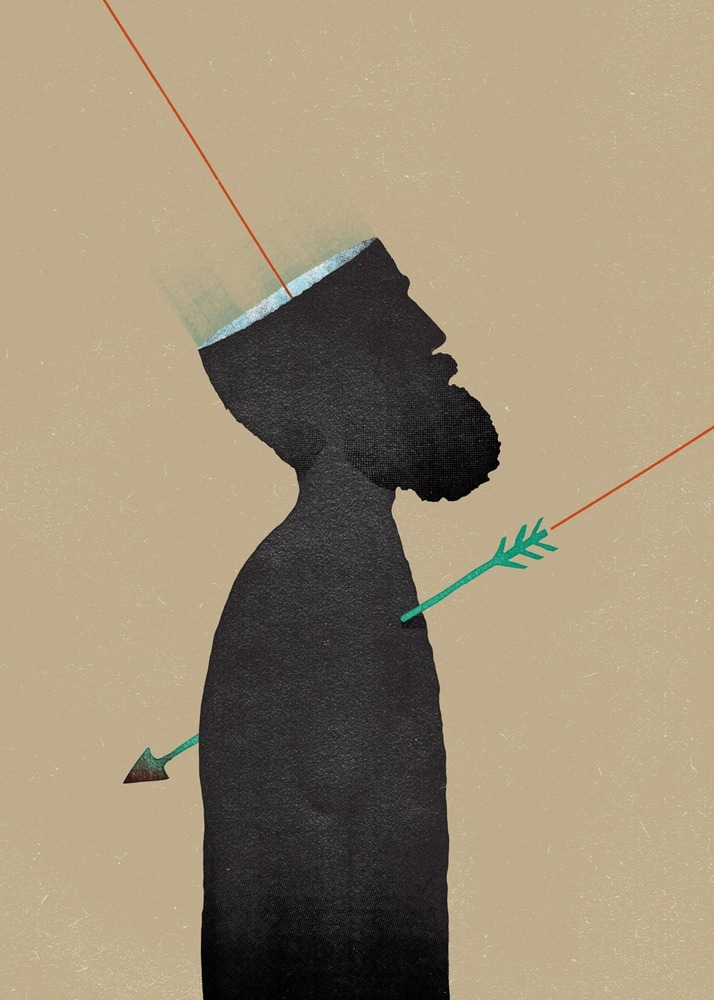Hamatia
It was a word that had got lost,
obscured by the darkness descending
its meaning stripped, abandoned,
as many, most, reduced it to
what it was not.
It was a word that was misunderstood
its truth gone missing, forgotten
relegated to the bag of laughter
few desiring to do anything around it
but to joke and jest.
It was a word that had ancient
associations
so it was thought to be old fashioned,
antiquated
not part of this modern age
obsolete in this progressive world
deserving only to be buried.
It was a word that would not die
no matter if the majority misunderstood
forgetting its truth, dismissing its
importance
unconscious of its present reality
careless of the facts.
It was a word wiped of meaning
so fantasies could be legitimized
and a dark ugly freedom gained
bringing deception, losing so much
of goodness and love

Hamatia -- The Project Twins
“Hamartia” derives from the Greek hamartánein (“to fail of one's purpose”). In a literary sense it refers to something about the character that misses the mark and can be thought of as the physical depiction of an arrow soaring over a target; a character flaw that, although not malicious, will inevitably leads to a greater and disastrous chain of events. In medical terms, it is a developmental defect characterized by the abnormal arrangement or combination of tissues normally present in a specific area. It is also used in Christian theology because of the word’s appearance in the Septuagint and New Testament; the Hebrew “chata,” like its Greek equivalent, means "missing the mark" or "off the mark." In his “Epistle to the Romans” St. Paul used the word to mean acts of sin by omission or commission in thought and feeling or in speech and actions, as in Romans 5:12, "all have sinned," and also applied it to the fall of man from original righteousness that resulted in humanity's innate propensity for sin, as in Romans 3:9, everyone is "under the power of sin;" in Romans 6:20 Paul spoke of being enslaved to hamartia (sin). It is also used in reference to the "weakness of the flesh" and the free will to resist sinful acts. Aristoteles introduced the concept in his “Poetics,” writing "Character in a play is that which reveals the moral purpose of the agents, i.e. the sort of thing they seek or avoid;” however, unlike Christian theologists, he described the tragic hero “whose misfortune is brought about not by vice or depravity, but by some error or frailty." However, by the 18th century, dramatists such as Jean Racine regarded hamartia as a vice to be punished; in his preface to “Phèdre” (1677), ironically an adaptation of Euripides’ “Hippolytus” and the Stoic philosopher/dramatist Lucius Annaeus Seneca’s “Phaedra,” he wrote, "The failings of love are treated as real failings. The passions are offered to view only to show all the ravage they create. And vice is everywhere painted in such hues, that its hideous face may be recognized and loathed.”
ReplyDelete